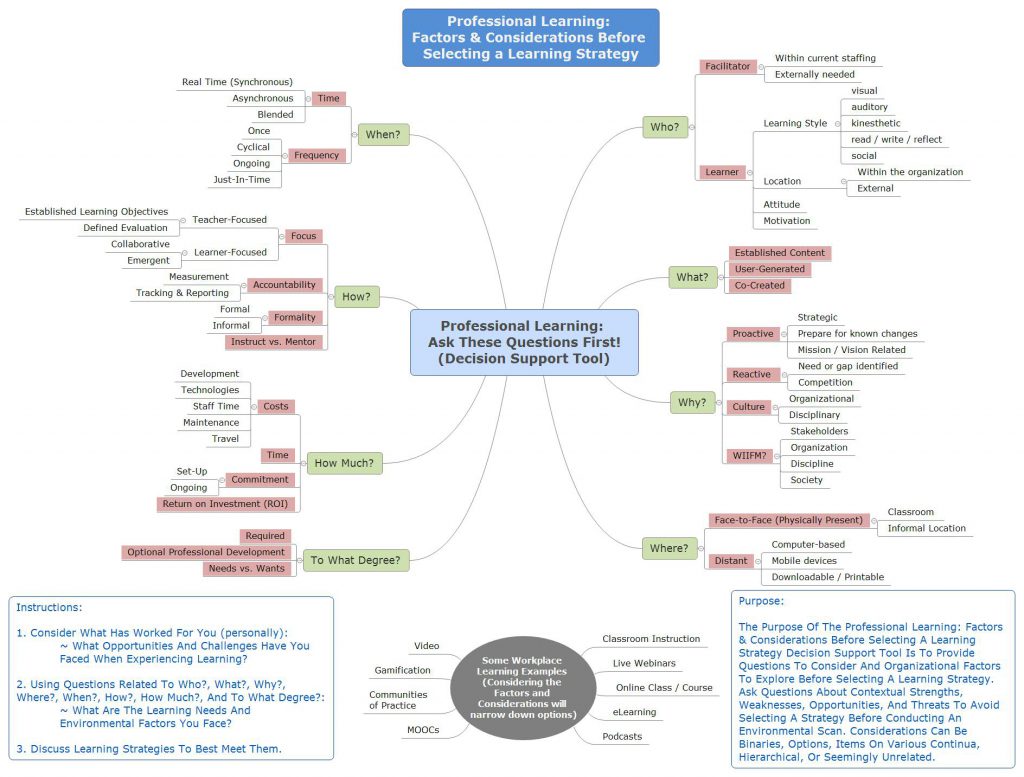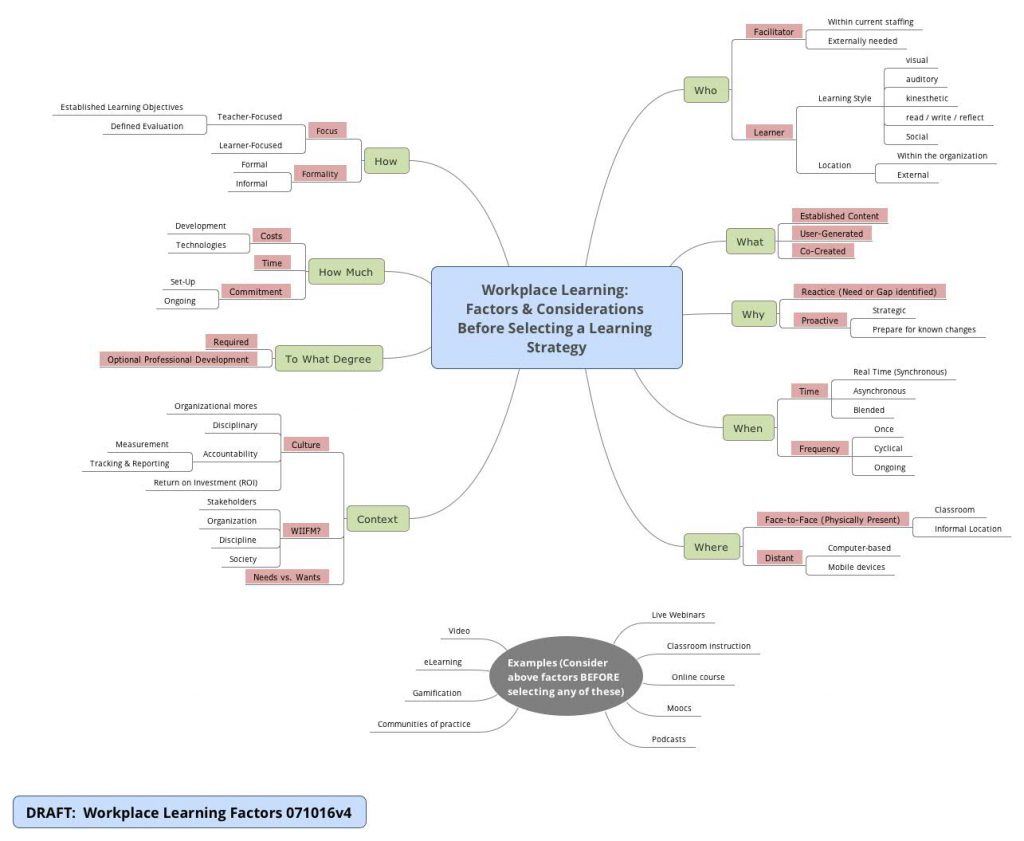I just attended an interesting webinar that
George Siemens facilitated during an Open Access Week session at Athabasca,
Making Sense of Complexity in Open Information Environments. While his work got increasingly theoretical, there is one thing he mentioned that caused me to stop and think about my current involvement in
#change11, the MOOC that
I have been discussing for a few weeks now.
In this iteration of a massive open online course, there is not an established form of scaffolding for participant focus (there is not a central Moodle platform, or course home where we all come to gather around). Instead, we blog or Tweet or whatever as we work through the course, and we are encouraged (invited? forced?) to devise our own mechanisms for processing and engaging with our content. I have decided to use my blog and Twitter to process this experience and what I learn in it, and while this generally works for me, it also relates to some ideas that Dave Cormier mentioned in his post earlier this week, and which we developed a little more in George’s webinar today. All this freedom comes at a cost — I am continually struggling to address my 3rd course goal, Revise my network to be wider and more inclusive. Without a central focus or location, it can be quite a challenge to develop a sense of community, or networked learning perspective. Yes, I am begining to comment on more blogs of other participants, as well as increase my Tweeting, though I am still struggling to be able to connect with others in more than a passing way.
While I prefer online communication as a mode of social connection, I am increasingly disoriented by the sheer scope of participation in the MOOC, and thus am really struggling to find a small (or any!) social connections of more than a passing or very focused interest. I know, this certainly does not happen naturally in a centralized course location, though it is an Internet-sized challenge to find this in the wider Web. Yes, it is relatively easy to locate Tweets and blogs and such through the use of the #change11 tag, but even with all that information, it is still a challenge to navigate through everything.
As networked learning is something that is increasingly important in my thinking, I am hoping that some of my efforts in this area will begin to develop in some way. I am reminded of what Dave said:
I’ve also had a difficult time trying to track the responses to the given weeks
and this for me resonated.
I really like the openness and ability to process our thinking in our own ways, though echoing Dave’s comment, finding the information can be a challenge, and then engaging around it enough that community begins to develop, even in small ways (once again, as George hinted at in the webinar today). Somehow, I have not located any of this yet, and while I will put more effort into my processes, I am increasingly recognizing that my goal #3 is very important for my sustained involvement.
I wonder if a sense of community or belonging or valuing plays a role in any online endeavor, especially a 35 week one where we develop and monitor and work toward our own goals?
 ** This image file was slightly revised and updated on 8/4/16. It is now titled: Professional Learning: Factors & Considerations Before Selecting a Learning Strategy.
** This image file was slightly revised and updated on 8/4/16. It is now titled: Professional Learning: Factors & Considerations Before Selecting a Learning Strategy.


